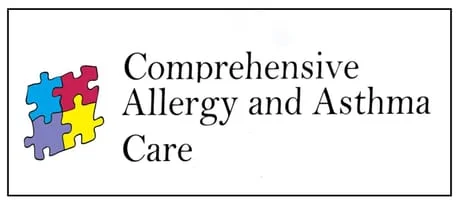Primary immunodeficiency diseases occur in persons born with an immune system that is either absent or hampered in its ability to function.These diseases are caused by hereditary or genetic defects and can affect anyone, regardless of age, sex or country of residence. The United Nation World Health Organization recognizes more than 150 primary immunodeficiency diseases.
Symptoms of these diseases may differ but they all share one common aspect: each results from a defect in one of the functions of the body’s normal immune system. Because one of the most important functions of the normal immune system is to protect against infection, patients with primary immunodeficiency diseases commonly have an increased susceptibility to infection.
The infections may be throughout the body: in the skin, the sinuses, the throat, the ears, the lungs, the brain or spinal cord, or in the urinary or intestinal tracts, and the increased vulnerability to infection may include repeated infections, infections that persist over time that may progress to more severe infections. Patients with primary immunodeficiency diseases are more susceptible to infections; enduring recurrent illnesses and often developing serious health crises.
